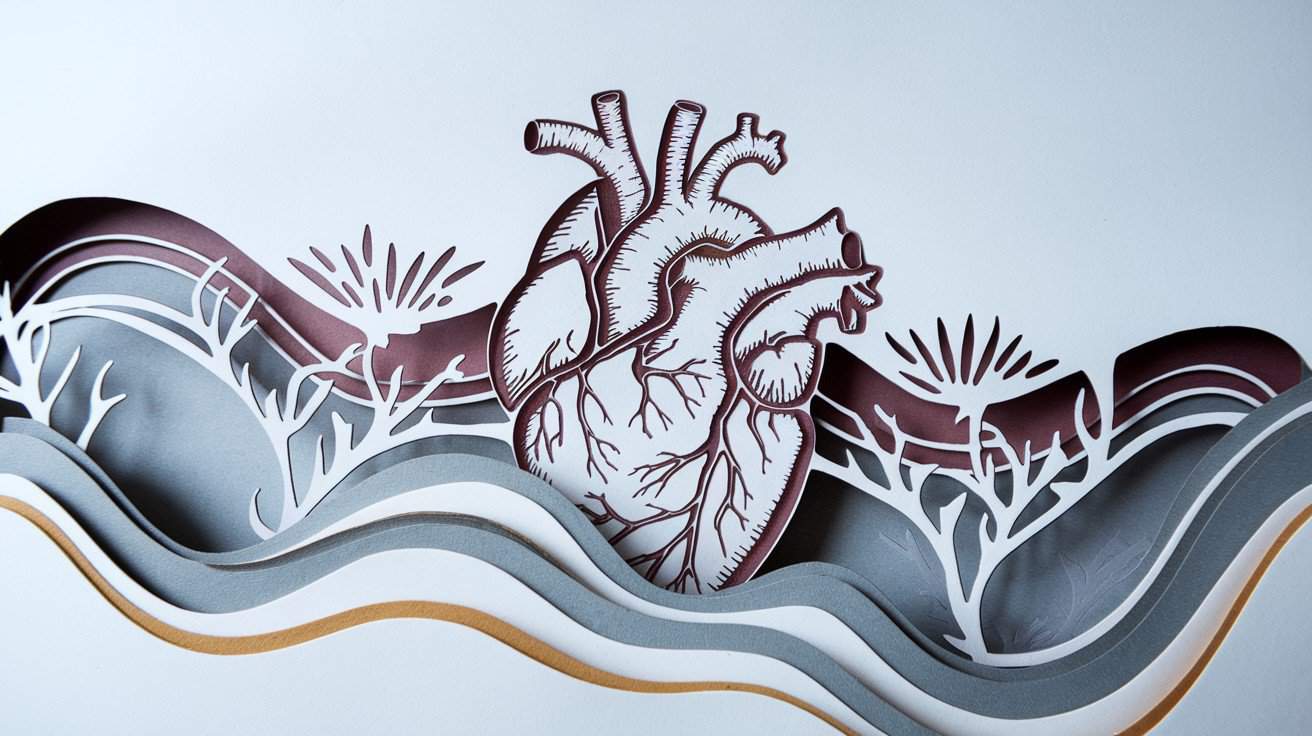Your body keeps score in ways you never expected. Maybe it’s the heaviness in your chest that won’t lift, or the exhaustion that sleep doesn’t touch, or the way your stomach has forgotten how to feel hungry. When someone asks how you’re doing, you say “fine” — but your body is telling a different story entirely. Grief isn’t just something that happens in your heart or your head. It takes up residence in your muscles, your gut, your immune system. And if you’ve been wondering whether what you’re experiencing is normal or whether something is genuinely wrong with you, I want you to know: your body is doing exactly what bodies do when they’re carrying loss. Understanding these physical symptoms won’t make the grief disappear, but it might help you stop fighting against yourself.
Your body and mind are intimately connected. When you experience emotional trauma, your nervous system responds as if you’re facing a physical threat. This triggers a cascade of stress hormones that can affect nearly every system in your body.
Common Physical Symptoms of Grief
The physical impact of grief can show up in various ways:
Chest Pain and Breathing Changes
That tightness in your chest isn’t just metaphorical. Grief can cause real physical sensations in your heart and lungs. You might experience:
- Sharp chest pains
- Difficulty taking deep breaths
- A feeling of heaviness in your chest
- Rapid heartbeat or palpitations
Sleep Disruption and Fatigue
Grief can dramatically affect your sleep patterns. You might find yourself:
- Lying awake for hours
- Waking up throughout the night
- Feeling exhausted yet unable to rest
- Experiencing vivid dreams about your loved one
Digestive Issues
Your digestive system is particularly sensitive to emotional stress. Common symptoms include:
- Loss of appetite
- Nausea or stomach pain
- Changes in eating patterns
- Weight loss or gain
When Grief Becomes Physical Illness
Sometimes, the physical symptoms of grief can become severe enough to impact your health. Research shows that people who are grieving have higher rates of:
- Compromised immune function
- Increased inflammation
- Higher blood pressure
- Greater risk of heart problems
This isn’t just in your head – it’s your body’s natural response to profound loss.
Finding Your Path Through Physical Grief
Understanding that these physical symptoms are normal can be the first step toward healing. Here are some ways to support your body through grief:
Listen to Your Body’s Needs
Pay attention to what your body is telling you. If you’re tired, rest. If you’re hungry, eat. Don’t judge yourself for these basic needs – they’re part of healing.
Maintain Gentle Movement
While you might not feel like hitting the gym, gentle movement can help:
- Short walks in nature
- Simple stretching
- Deep breathing exercises
- Yoga or tai chi
Seek Professional Support
Don’t hesitate to reach out if your physical symptoms are concerning you. A healthcare provider can help determine what’s related to grief and what might need additional attention.
When to Get Help
While physical symptoms of grief are normal, certain signs warrant medical attention:
- Severe chest pain
- Difficulty breathing
- Prolonged insomnia
- Significant weight changes
- Symptoms that worsen over time
The Journey Forward
Remember, healing from grief isn’t linear. Some days will be harder than others, and that’s okay. Your body is carrying your grief alongside your heart, and both need time and care to heal.
What you’re experiencing is a normal response to an abnormal situation. Be patient with yourself. Allow your body the same grace you’d extend to your emotions during this time.
If you’re struggling with the physical symptoms of grief, know that you’re not alone. Reach out to grief counselors, support groups, or trusted healthcare providers. They can help you navigate this challenging terrain and find your way toward healing – both emotionally and physically.
Have you experienced physical symptoms during grief? Share your story in the comments below. Sometimes, knowing others understand can be the first step toward healing. Many people find that their grief manifests in unexpected ways, such as headaches, fatigue, or changes in appetite. This physical discomfort can often be accompanied by emotional struggles, like bargaining in the grieving process, where individuals wrestle with what they could have done differently. Sharing these experiences not only helps to lighten the burden but also fosters a sense of connection and support in a challenging time. Grief can manifest in unexpected ways, often affecting our bodies just as much as our minds. It’s important to acknowledge these symptoms and share our experiences, as it can be a powerful reminder that we are not alone in our struggles. By opening up about our journeys, we create a community of support and understanding, ultimately finding hope in grief.


